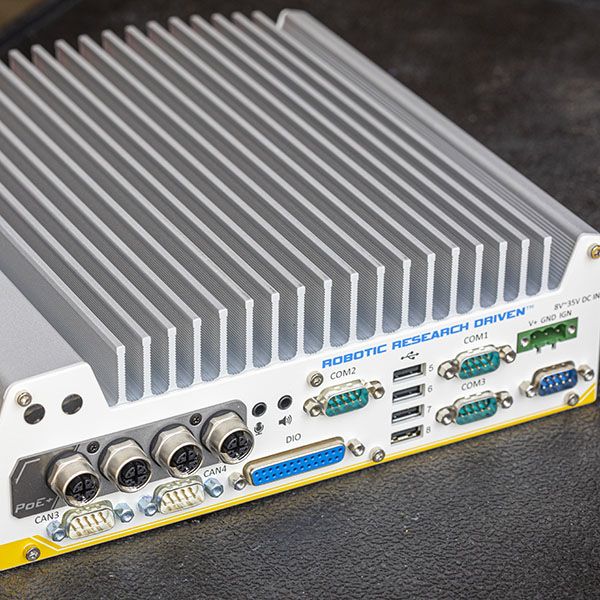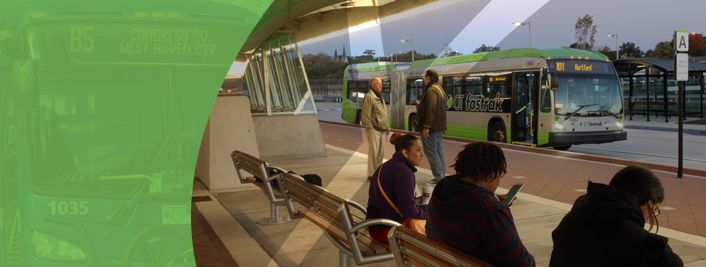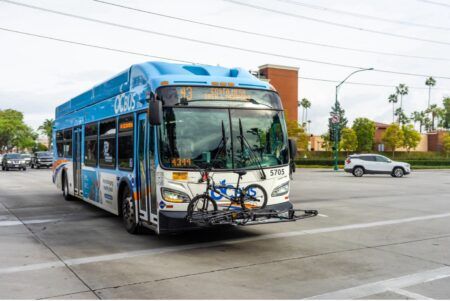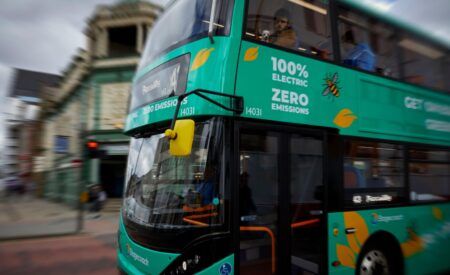Connecticut Department of Transportation (CTDOT) has announced it is collaborating with Robotic Research, to enable the automation of heavy-duty transit buses for revenue service deployment on the CTfastrak corridor, a first of-its-kind for mass transportation systems in North America.
The new programme, funded by the Federal Transit Administration’s Integrated Mobility Innovation initiative, will use Robotic Research’s proprietary AutoDrive advanced driver-assistance system.
Connecticut is one of 23 states receiving funding through the USDOT’s FTA’s IMI program. IMI projects aim to advance mobility through creative partnerships and emerging technologies, combining public and private transportation assets and strategies to greatly increase access to mobility for everyone. The team for this groundbreaking project is led by CTDOT and is also supported by New Flyer of America Inc. and the Center for Transportation and Environment.
 “We applaud the USDOT and CTDOT for their support for innovation and autonomous transportation technology. We are excited for our future collaboration and joint work on public transportation and autonomous technology,” says Alberto Lacaze (left), president of Robotic Research. “We take pride in providing greater accessibility and an improved rider experience for Connecticut citizens. Opportunities like this drive our company’s passion for bringing safer, more reliable automated technology to cities across the world.”
“We applaud the USDOT and CTDOT for their support for innovation and autonomous transportation technology. We are excited for our future collaboration and joint work on public transportation and autonomous technology,” says Alberto Lacaze (left), president of Robotic Research. “We take pride in providing greater accessibility and an improved rider experience for Connecticut citizens. Opportunities like this drive our company’s passion for bringing safer, more reliable automated technology to cities across the world.”
When the program launches for public use, which is anticipated in 2021, three 40-foot automated, electric New Flyer Xcelsior Charge heavy-duty transit buses will be operating on the CTfastrak corridor, a dedicated nine-mile stretch for exclusive use by CTtransit buses. The operations will be a zero-emission deployment occurring between New Britain, Connecticut, and downtown Hartford.
This pioneering operation will utilise automated technology to increase the accessibility of transportation to passengers with disabilities while also improving the efficiency and overall rider experience for all passengers.
As the first program to deploy automated heavy-duty transit buses for revenue service in North America, it will naturally also create two additional technology innovation moments for US mass transit: including the first automated Bus Rapid Transit line and the first application of automated precision docking to minimise platform gaps, ensure ADA-compliant level boarding and increase accessibility for all passengers. Automated driving objectives of this project will also include the demonstration of platooning capabilities to maintain more efficient headways between buses.

Robotic Research’s AutoDrive ADAS technology is platform agnostic and can be used to retrofit vehicles of all sizes, from small, portable robots to large trucks and buses. The system provides autonomous functionality on surfaces ranging from urban-improved roads to off-road terrain, all while the vehicle is collecting and analyzing data to enhance the future of transportation.
Robotic Research has safely deployed SAE level four automated vehicles into multiple operating environments across the US and around the world. This includes urban commercial centres around the globe, military bases, government sectors and within theatre of operations. The company’s ADAS technology is currently operating in 30 states and on four continents.





